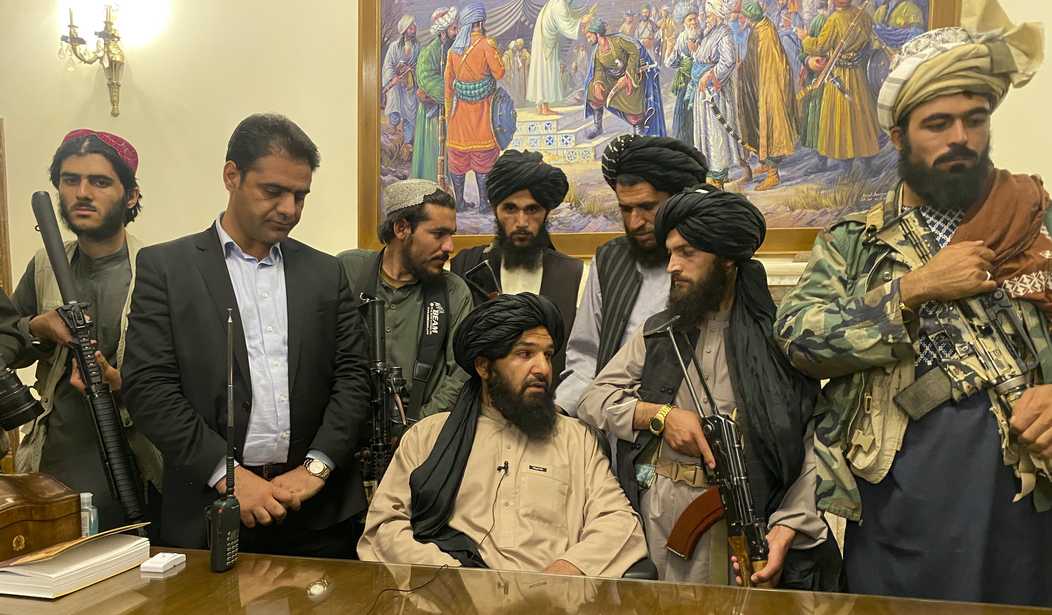The United States’ Special Inspector General for Afghanistan Reconstruction (SIGAR) has released a report highlighting many of America’s failures in Afghanistan over the last 20 years.
The report, titled “What We Need to Learn: Lessons from Twenty Years of Afghanistan Reconstruction,” was written by SIGAR John F. Sopko and released on Tuesday. Sopko concluded that the U.S. government had routinely underestimated the time and resources necessary to rebuild Afghanistan after overthrowing the Taliban in December 2001.
“If the goal was to rebuild and leave behind a country that can sustain itself and pose little threat to U.S. national security interests, the overall picture is bleak,” Sopko wrote in the introduction of the report. “By most measurements, security has progressively worsened.”
Divided into nine total chapters, the roughly 100-page report reveals shocking revelations about the incompetence of U.S. Department of Defense (DOD) leadership. Throughout the war, DOD police advisors stationed in Afghanistan apparently watched television police dramas to learn about policing, while civil affairs teams were quickly trained with PowerPoint presentations.
“U.S. personnel in Afghanistan were often unqualified and poorly trained, and those who were qualified were difficult to retain. DOD police advisors watched American TV shows to learn about policing, civil affairs teams were mass-produced via PowerPoint presentations, and every agency experienced annual lobotomies as staff constantly rotated out, leaving successors to start from scratch and make similar mistakes all over again. These dynamics had direct effects on the quality of reconstruction.”
Recommended
The report’s executive summary also notes the inability of U.S. leaders to understand Afghanistan’s economic and cultural dynamics. For example, the U.S. attempted to impose a formal rule of law system on Afghanistan, though most wrongdoings in the country are usually addressed through informal cultural traditions. Sopko claimed that such carelessness, even when relevant information was available, inadvertently led to the U.S. funding Afghan insurgents and terrorists.
“The U.S. government also clumsily forced Western technocratic models onto Afghan economic institutions … Without this background knowledge, U.S. officials often empowered powerbrokers who preyed on the population or diverted U.S. assistance away from its intended recipients to enrich and empower themselves and their allies. Lack of knowledge at the local level meant projects intended to mitigate conflict often exacerbated it, and even inadvertently funded insurgents.”
Finally, the report estimates that the U.S. government has spent $145 billion trying to rebuild Afghanistan’s security forces and civil institutions. This price tag does not include the $837 billion that the DOD spent on warfighting efforts.
Two decades of fighting has killed more than 66,000 Afghan military personnel and left more than 120,000 Afghan civilians dead or injured, though the report notes that the latter figure is likely much greater.
Moving forward, Sopko concluded that, when trying to combat outbreaks of global insurgency, the U.S. government must exercise greater preparation as opposed to trying “to build the necessary knowledge and capacity on the fly.”
“There will likely be times in the future when insurgent control or influence over a particular area or population is deemed an imminent threat to U.S. interests. If the U.S. government does not prepare for that likelihood, it may once again try to build the necessary knowledge and capacity on the fly. As seen in Afghanistan and Iraq, doing so has proven difficult, costly, and prone to avoidable mistakes.”
The current situation in Afghanistan remains chaotic, as U.S. forces attempt to evacuate citizens trapped by the Taliban. As Townhall reported yesterday, the Pentagon appears to lack a coherent plan for helping Americans bypass Taliban checkpoints on their way to Kabul’s Hamid Karzai International Airport.

























Join the conversation as a VIP Member